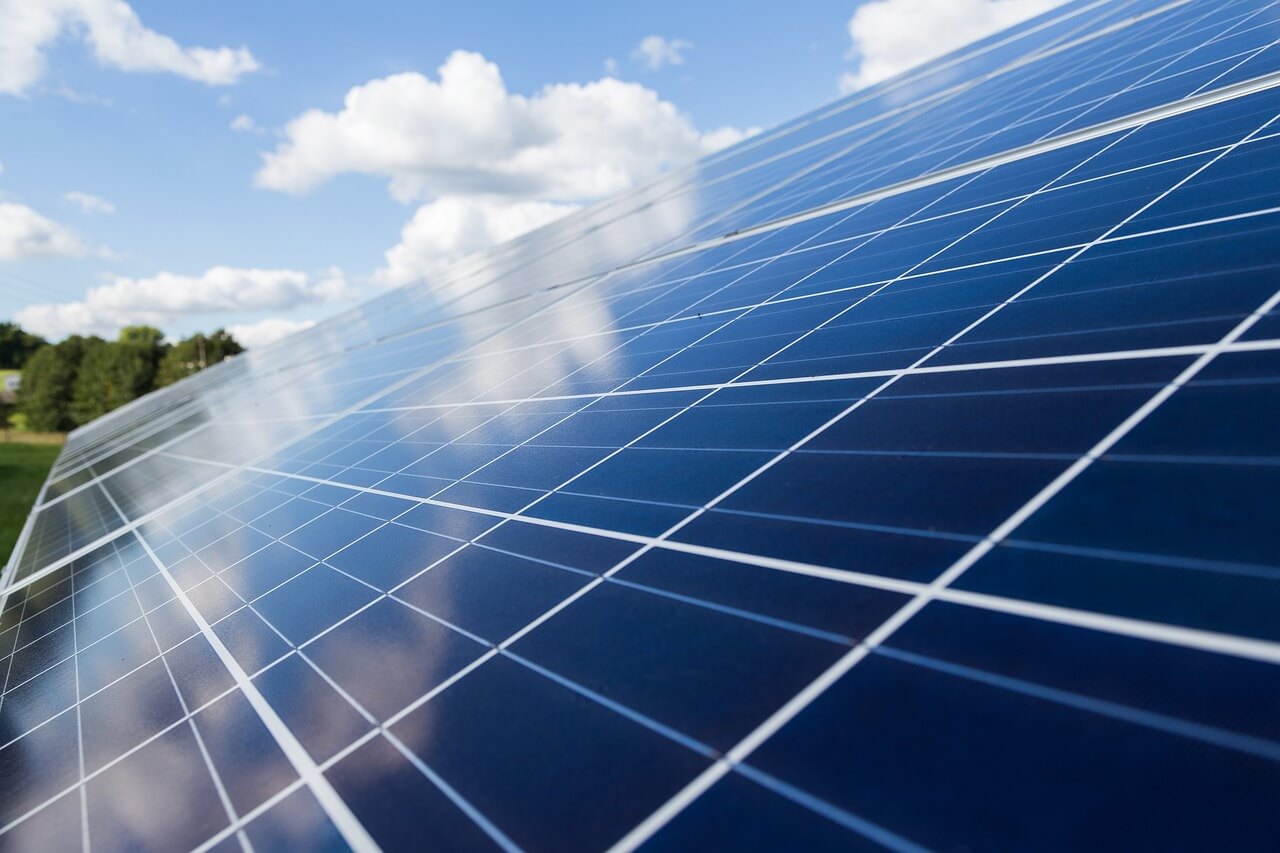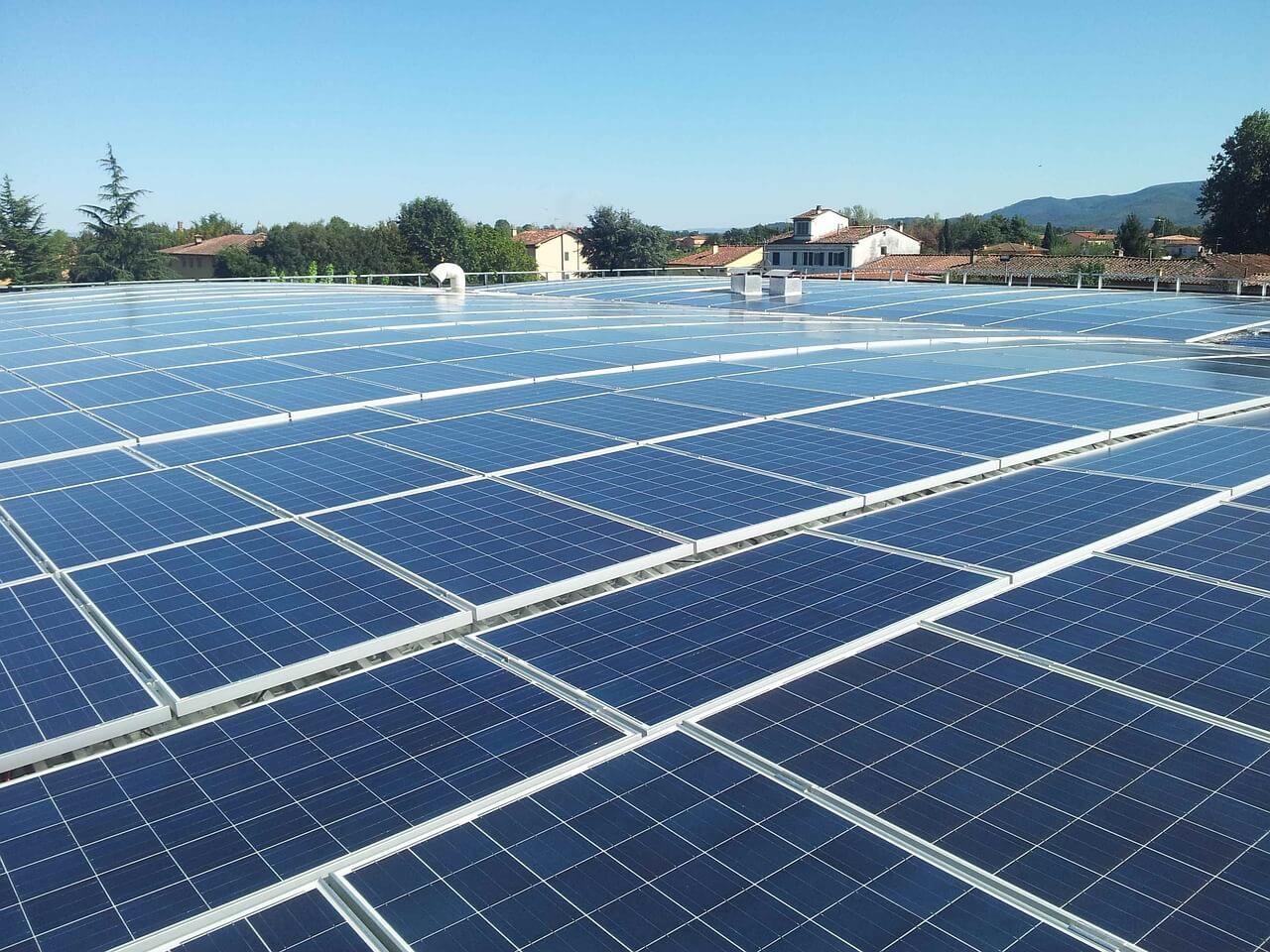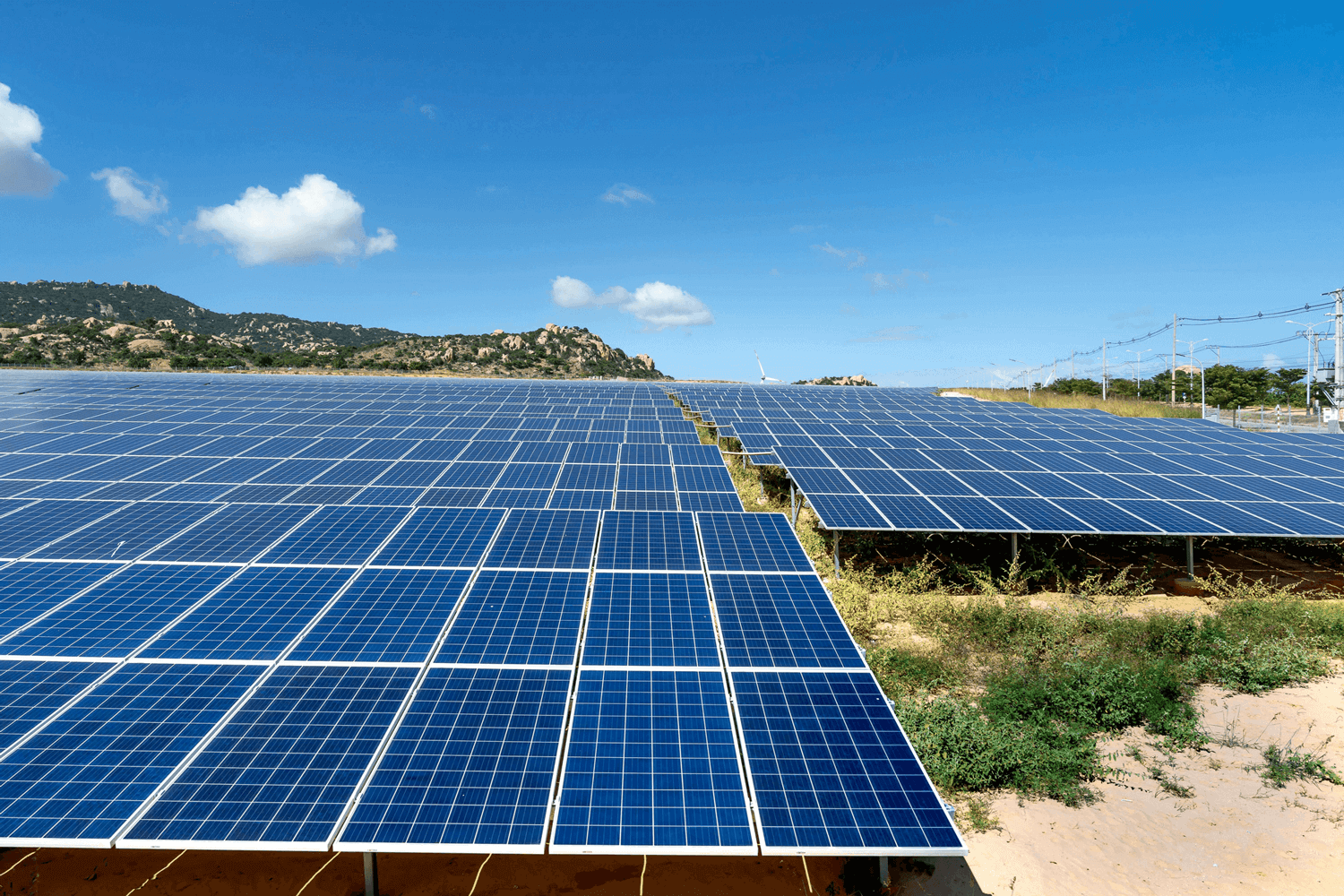Tesla Xianglai doesn't like to go the usual way.
Tesla, as an electric car company, recently opened a large-scale purchasing mode, but what he purchased is not the core power battery of electric vehicles, but the raw materials needed for power batteries, which are usually needed by enterprises such as Ningde era, LG New Energy, Panasonic and so on.
Australian lithium miner Liontown announced that it has signed a five-year supply agreement with Tesla to supply spodumene concentrate to Tesla in 2024. Tesla will purchase 100000 dry metric tons of (DMT) spodumene concentrate in the first year and increase it to 150000 dry metric tons per year in subsequent years.
It is reported that the spodumene concentrate supplied to Tesla comes from Liontown's Kathleen Valley project. The project is scheduled for commercial production by 2025 and the spodumene concentrate capacity is expected to reach 500000 dry metric tons of SC6.0 (grade 6 per cent) per year. So, Tesla's order accounts for about 1/3 of the annual production capacity after the Kathleen Valley project is put into production, which shows that Tesla has a lot of appetite.
It is worth noting that this is not the first time Tesla has purchased lithium materials on a large scale. Ganfeng Lithium Industry said on the investor interactive platform in January that the company had signed a product supply contract with Tesla, and the actual purchase quantity and sales amount were subject to the purchase order issued by Tesla. According to Ganfeng Lithium Industry's announcement in November last year, Ganfeng Lithium Industry will supply battery-grade lithium hydroxide products to Tesla from 2022 to 2024.
In addition, Tesla signed a supply contract for battery-grade lithium hydroxide with Ya'an Lithium Industry, a subsidiary of Yahua Group, at the end of 2020, agreeing that Tesla will purchase battery-grade lithium hydroxide products worth a total of US $630 million-880 million from Ya'an Lithium Industry from 2021 to 2025. This means that Tesla locked the lithium hydroxide production capacity of the next five years to Yahua Lithium Industry.
Tesla's home-made battery has been mass produced.
As the world's leading electric vehicle manufacturer, Tesla is currently purchasing a large number of batteries from suppliers such as Panasonic, Ningde Times and LG New Energy, but its "home-made battery project" has long been a well-known ploy and is advancing faster than expected in the industry.
Recently, according to TMC sources, Tesla has produced 1 million 4680 batteries at the Fremont Kato Road plant in the United States and is waiting for the production of Model Y at the Texas plant to start loading. At present, the yield of 13 4680 battery production lines has reached 95%! According to an internal document leaked out, Tesla has not only secretly produced 4680 new batteries, but also has a production capacity of 6000 batteries a day, and has so far produced more than a million batteries.
In a conference call with earnings analysts in the fourth quarter of 2021, Musk confirmed that the Model Y produced by Tesla at the Texas plant would use 4680 batteries. Tesla said that in the first quarter of 2022, Model Y loaded with 4680 batteries will be delivered soon. It is estimated that by the end of 2022, Tesla 4680 battery capacity will reach 100GWhh per year, which can meet the use of 1.3 million electric vehicles.
In addition to the Fremont plant, Tesla plans to build a battery equipment factory in Wanjin, Ontario, Canada, while speeding up mass production at the European plant. According to Musk, the Berlin battery plant in Germany will initially have an annual capacity of more than 100GWH, and then it is expected to increase to 200-250GWH and then it may become the largest battery factory in the world.
Musk has high hopes for the 4680 battery, one of the important reasons is that Tesla plans to launch a medium-and low-end model that sells for only $25000 around 2023. Musk said at last year's shareholder meeting that the company expects to sell 20 million vehicles by 2030. The middle and low-end models play an important role, and the 4680 batteries will be matched on a large scale.
There is no doubt that Tesla will have a huge demand for power batteries in the future, and Tesla's own factory will obviously not be able to meet its demand for a long time, so Musk hopes to bring in more suppliers. According to South Korean media reports, battery manufacturers such as Ningde Times, Yiwei Lithium Energy and Bick Battery will all put into mass production of Tesla 4680 batteries this year. At present, Yiwei Lithium Energy and Bic batteries are actively expanding their factories.
Interestingly, on the same day that Liontown announced the signing of a spodumene concentrate supply agreement with Tesla, Amprius announced that it had produced the first batch of ultra-high energy density lithium batteries with an energy density of 450 WhDynkg, which is currently the highest energy density of lithium batteries available. The relationship between Amprius and Tesla is "extraordinary".
According to reports, the location of the Amprius factory is near Tesla's battery manufacturing factory and secret battery laboratory. He even moved his office to Tesla's battery laboratory, where Tesla will hold battery day activities. Market participants said that the possibility of in-depth cooperation between the two sides will not be ruled out in the future.
So, it can be speculated that the lithium material that Tesla buys wantonly may also be used in the manufacture of Amprius superbatteries in the future. If this kind of battery mass production matching Tesla model, the current Tesla battery suppliers Ningde Times, LG, Panasonic and other shares may also be affected.
The battle for lithium is escalating.
According to estimates by the Spanish mining giant Rio Tinto, global electric vehicle manufacturers such as Tesla will need 3 million tons of lithium products per year by 2030, while the total production capacity that has been put into production and is being planned is only about 1 million tons. There is a huge supply gap. In that case, locking a certain scale of production capacity orders in advance is very necessary for Tesla to achieve the sales target of "20 million vehicles".
And affected by the contradiction between supply and demand, the price of lithium materials has been soaring. Take the price of lithium carbonate as an example, its price has experienced several rounds of surge: from the third quarter of 2020 to the first half of 2021, the price rose from 40, 000 yuan / ton to 90, 000 yuan / ton; from August to November 2021, the price rose from 90, 000 yuan / ton to 200000 yuan / ton; from November 2021 to January 2022, its price exceeded 300000 yuan / ton.
In February this year, the price of lithium carbonate continues to soar, and the price of battery-grade lithium carbonate has clashed to 400000 yuan / ton. On Feb. 14, the price of battery-grade lithium carbonate was 414000 yuan per ton, compared with an increase of 541.86% over the same period. On February 17th, the trading price of lithium carbonate electronic disk exceeded 470000 yuan / ton, setting another all-time high.
Where will the price of lithium materials go in the future? In mid-January, Australian lithium miner Allkem Ltd said it expected lithium carbonate prices to rise another 80 per cent in the second half of fiscal 2022 compared with the first half due to a surge in demand for metals used in electric car batteries. Many people in the industry also said that the price increase of lithium-related raw materials is likely to continue until the end of 2023.
In fact, in the face of rising lithium prices, in order to stabilize the price of lithium battery raw materials and ensure the supply of raw materials, battery head manufacturers such as Ningde Times, LG New Energy, Fudi Battery, Yiwei Lithium Energy and other battery head manufacturers are stepping up efforts to buy upstream resources, and the battle for lithium materials is becoming increasingly fierce. Now, Tesla, as a car company, has also joined the war, and industry insiders believe that Tesla's move is likely to cause the car circle to follow suit.
The fact is, not only Tesla, but also many giants in the global automobile industry, including Volkswagen and General Motors, are also laying out self-made power batteries, so the future battle for lithium will be further escalated.



